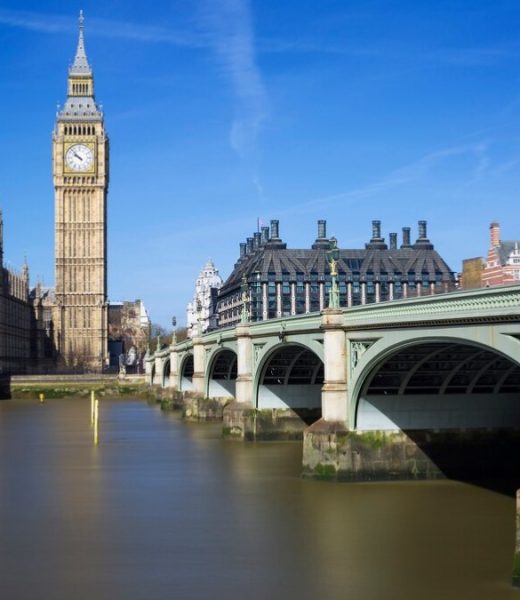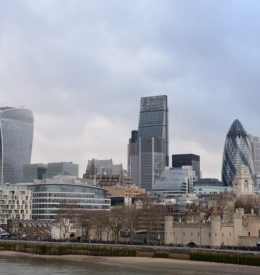

Guide to the UK Self-Employed Program
This guide will walk through the key steps and programs for self-employed people in the UK, with references to official sources.
Registering as Self-Employed
How to Register
When to Register
Reference:
- HMRC Self-Employed Registration: [HMRC Registering as Self-Employed](https://www.gov.uk/ set-up-sole-trader)
Taxation for the Self-Employed
- Income Tax: Self-employed individuals must pay tax on their profits (revenue minus allowable expenses). The tax rates are the same as for employed people:
- Basic Rate (20%) on income up to £50,270 (for 2023/24)
- Higher Rate (40%) on income between £50,271 and £150,000
- Additional Rate (45%) on income over £150,000
- National Insurance Contributions: Self-employed individuals pay two types of National Insurance:
- Class 2: £3.45 per week if your profits are above £12,570 per year (for 2023/24).
- Class 4: 9% on profits between £12,570 and £50,270, and 2% on profits over £50,270.
Reference:
- Income Tax for the Self-Employed: [Self-Employed Tax Guide](https://www.gov.uk/self- employed-income-tax)
- National Insurance Contributions: [National Insurance for Self-Employed](https://www.gov.uk/ self-employed-national-insurance-rates)

Self-Assessment and Filing a Tax Return
- Deadlines: You must file your tax return by January 31st following the end of the tax year (April 5th to April 4th).
- Payment: The amount of tax you owe is due by January 31st. If you owe more than £1,000, you may need to make advance payments towards your next tax year.
Reference:
- Self-Assessment Tax Returns: [Self-Assessment Guide](https://www.gov.uk/self-assessment- tax-returns)
Financial Support Programs for the Self-Employed
The UK government provides financial support to self-employed individuals in certain circumstances. These programs are especially relevant during periods of financial hardship, such as the COVID-19 pandemic.
# Self-Employed Income Support Scheme (SEISS)
Although SEISS was a temporary scheme introduced during the COVID-19 pandemic, it provides a useful example of government support for self-employed individuals. At its peak, it provided grants to those whose businesses were affected by the pandemic.
Currently, there are no active programs like SEISS, but the UK government has a history of providing financial support to self-employed people during times of economic disruption.
# Universal Credit
If you are self-employed and find yourself struggling financially, you may be eligible for Universal Credit, a benefit that supports individuals with low income or who are out of work.
- Eligibility: You must meet income and savings
- How to Apply: Apply online via the [Universal Credit page](https://www.gov.uk/universal- credit).
Reference:
- Financial Support for the Self-Employed: [Self-Employed Financial Support](https://www.gov.uk/ guidance/claim-a-grant-through-the-self-employment-income-support-scheme)

Business Expenses and Tax Deductions
- Office supplies
- Travel expenses
- Professional fees (e.g., accountants)
- Marketing costs
- Equipment and tools
It’s important to keep accurate records of your income and expenses. HMRC offers guidance on how to claim expenses and maintain good records.
Reference:
- Business Expenses for Self-Employed: [Self-Employed Tax Deductions](https://www.gov.uk/ expenses-if-youre-self-employed)

Pensions and Retirement Savings for the Self-Employed
- Options: You can contribute to a personal pension or a Self-Invested Personal Pension (SIPP).
- Tax Relief: Contributions to a pension plan are tax-deductible, which can reduce your taxable income.
Reference:
- Pensions for the Self-Employed: [Pensions for the Self-Employed](https://www.gov.uk/self- employed-pensions)
Considerations for Limited Companies
- Corporation Tax: Companies are subject to a flat 19% corporation tax on profits (as of 2023/24), although this rate may vary for higher profits.
- Dividends: As a shareholder, you can take dividends, which are taxed differently from salary income.
Reference:
- Incorporating a Limited Company: [How to Set Up a Limited Company](https://www.gov.uk/set- up-business)
Self-Employment and Health & Safety
If you employ others as part of your self-employment, you are required by law to ensure health and safety standards are maintained in your workplace. Even if you’re a sole trader, you may still need to complete risk assessments and ensure safety.
Reference:
- Health and Safety for the Self-Employed: [Health and Safety for Self-Employed](https:// gov.uk/health-and-safety-law)

Conclusion
Becoming self-employed in the UK offers both freedom and responsibility. Understanding the financial and regulatory aspects of self-employment, including taxes, National Insurance contributions, and potential financial support, is crucial. By registering with HMRC, managing your tax responsibilities, and seeking financial support when necessary, you can ensure that your self- employed journey runs smoothly.
For more detailed information, always refer to official government resources, such as the HMRC website and guidance materials provided by the UK government.
References:
- [HMRC Self-Employed Registration](https://www.gov.uk/set-up-sole-trader)
- [Self-Employed Income Tax](https://www.gov.uk/self-employed-income-tax)
- [Universal Credit](https://www.gov.uk/universal-credit)
- [Self-Employed Tax Deductions](https://www.gov.uk/expenses-if-youre-self-employed)
- [Pensions for the Self-Employed](https://www.gov.uk/self-employed-pensions)
- [How to Set Up a Limited Company](https://www.gov.uk/set-up-business)
